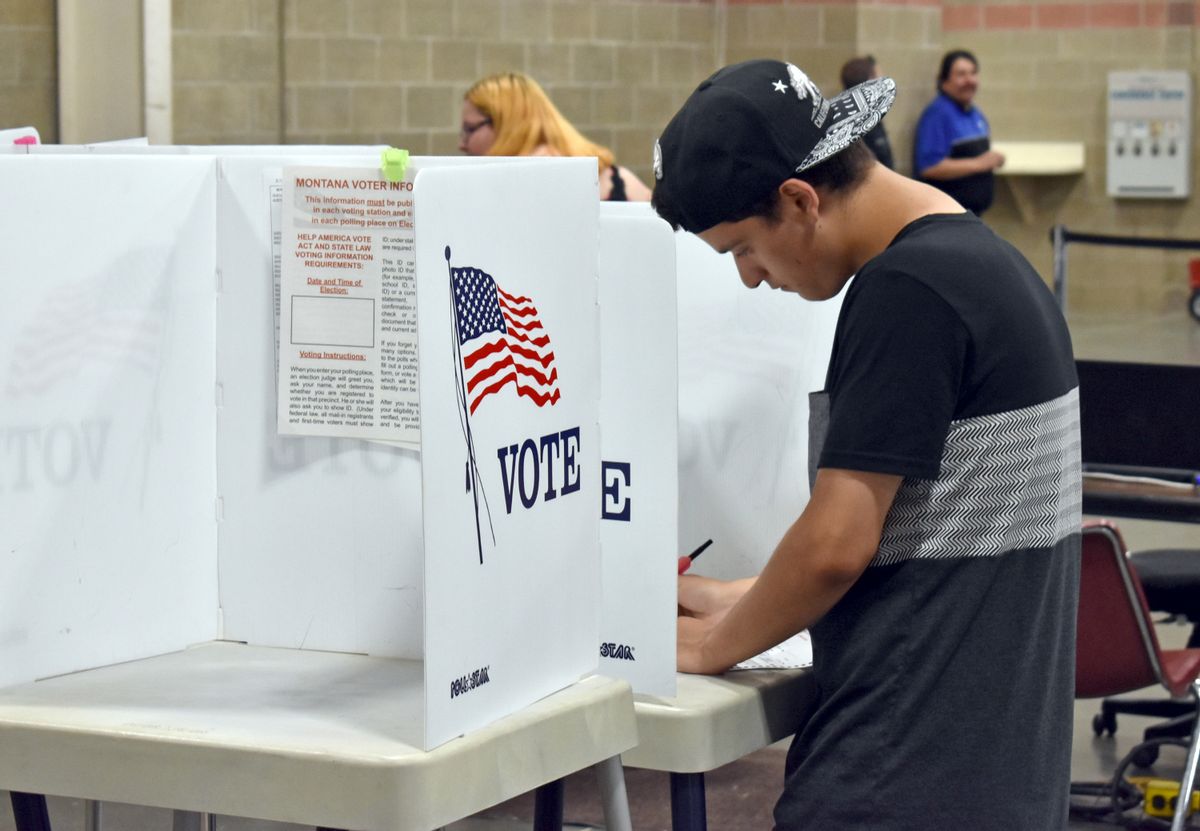The governor of Missouri wants to repeal a constitutional amendment that the voters of his own state have clearly established they want to see become law.
Gov. Mike Parson, who took over in June after his predecessor resigned in disgrace, says he is thinking of repealing and replacing Constitutional Amendment 1, which the voters in his state overwhelmingly supported in last month's election. Gov. Parson told the Associated Press that he is also thinking about making it more difficult for initiative petitions to appear on the ballot, presumably due to his dissatisfaction with the success of Constitutional Amendment 1.
"Fundamentally, you think when the people vote you shouldn’t be changing that vote. But the reality of it is that is somewhat what your job is sometimes, if you know something’s unconstitutional, if you know some of it’s not right," Parson told the AP.
Constitutional Amendment 1 is, to say the least, very difficult to accurately describe as "unconstitutional." It requires lawmakers to abide by the state open-records law, restricts how much lobbyists can give to lawmakers as gifts and creates a new position of "nonpartisan state demographer" to redraw state House and Senate maps in a more fair way. This last initiative would quite likely cut into the Republicans' supermajorities in the state House and Senate.
Parson’s actions are consistent with a larger pattern of Republican politicians subverting the will of voters when it seems poised to work against their agenda. In Michigan, the GOP-controlled state legislature passed bills that increased the minimum wage and sick leave time for working class citizens in order to get them off the ballot, then gutted both measures after the elections were over. In Ohio, the state House of Representatives proposed a bill this month that would require 60 percent of voters to support a constitutional amendment change before that can happen, as opposed to a simple majority. In Florida, Gov. Rick Scott is claiming he may have to delay the implementation of a constitutional amendment granting most former prisoners who have completed their sentences the right to vote, citing “confusion” about how to implement it even though the amendment is self-implementing.
And then, of course, there are the states of North Carolina, Michigan and Wisconsin, each of which saw Republican-controlled legislatures strip their governors of power after the Republican candidate was defeated by the Democrat in the gubernatorial contest.



Shares